Today saw the release of the season finale of Marvel Studios’ first animated venture, What If…?. Over the course of 9 episodes, the show did its damnedest to play with the framework offered by 20+ films in the canon and the premise of an anthological format. The result is an unexpected mixed bag of stories that felt way too familiar. For a show that was supposed to explore the endless outcomes of the multiverse, we sure as hell got some glaringly familiar outcomes.
For example, Captain Carter is transported to the present-day, in time for the opening events of The Avengers, at the end of the pilot episode. It’s a deviation you’d think would massively impact the fate of the MCU; if Peggy is around to fight Loki as soon as he arrives on Earth, the world would be forever changed. Yet when we catch up to where she is in this finale, she’s somehow on the same path as Sacred Timeline Steve; headed to the Lemurian Star in a stealth suit to stop Batroc from hijacking the ship. The ripple effect should be way more monumental than the HYDRA Stomper showing up at the end.
Why is this the case when even the smallest of deviations can alter timelines in drastic ways?
To ask why from a story POV would be to tear apart the seams of Captain Carter’s timeline, which no one has time for. But to ask from the vantage of the show and all its episodes makes the answer clear: the show is more concerned with honoring the MCU’s past than it is carving its own future, for better or worse. It cares about giving audiences to point fingers at like that DiCaprio meme. A lot of the creative decisions in this show end up feeling like mandates because of how restrictive it feels. Every episode has to be about an existing movie. All the players involved must be characters in the canon. Episodes must have familiar MCU scenes.
That’s how you end up with a ludicrous subplot like using Arnim Zola, a primitive AI from the 1970s, to stop a superior technological cosmic being like Ultron. Why is that the solution in a multiverse of infinite possibilities? Why are they aping the notoriously dumb subplot of Independence Day? Why couldn’t it have been Kree or Skrull tech? Why didn’t the Watcher pluck out technology from another universe that would rival Ultron? It just had to be Zola because… reasons and to do something unfamiliar would be to go against the season’s grain.
When I took the job, one of my rules was let’s be free. We’re in the multiverse — we should be as free as can be and go and run into the wild, into the stories the movies will never do, into the stories the TV shows will never do, and show both Disney and the fans all the possibilities of these characters.
Head writer AC Bradley’s quote above feels naught given the outcome of the season. When every episode seems keen on covering the MCU’s greatest hits than making its own, it doesn’t feel exactly free. Sure, What If…? does take some interesting swings in imbuing genre tones into familiar episodes like turning Fury’s Big Week into a murder mystery or turning the first Doctor Strange movie into a tragic romance. But those tonal changes can only do so much when everything else plays out like movies fans have seen dozens of times.
It’s why the Killmonger episode feels somewhat empty. It throws in a wrench in the form of Tony Stark surviving his kidnapping but never explores it. What happens to a world without Iron Man? What would happen if Killmonger became a force for good? The show never really asks itself that. Instead, the events of Iron Man pan out in the dullest way possible. The events of Black Panther happen anyway when Killmonger ends up taking over Wakanda. It’s as if they just wanted to cover Iron Man and Black Panther in an episode to fill a quota.
It shouldn’t come as a surprise that my favorite episode of the season is the Star-Lord T’Challa one. Brushing aside that it’s a poignant piece of storytelling that beautifully sends off Chadwick Boseman as T’Challa into the aether, it’s the one that riffs the least on the MCU’s past. The episode feels fresh on a lot of levels and gives us macro ripple effects such as Thanos becoming a good guy and the universe becoming infinitely a better place. Sure, it recreates the iconic GOTG Morag scene but it’s an episode that lives and breathes on its own terms.
Lucasfilm’s far superior anthology series, Star Wars: Visions, celebrates the essence of Star Wars not by redoing The Phantom Menace or The Last Jedi but by creating new tales that revered George Lucas‘ resonant vision of a galaxy far, far away. The end result is an amazing tapestry of wildly original Star Wars stories that fans are already demanding spin-off shows for. The people who made those shows respected the greatest hits of the Star Wars universe and, in turn, made their own.
The first season of What If…? isn’t a bad one but it’s one that leaves a lot to be desired. That it’s Marvel Studios’ first animated anthological outing gives it somewhat of a pass but in order for the show to become greater in future seasons, it needs to start making its own hits instead of covering others.







